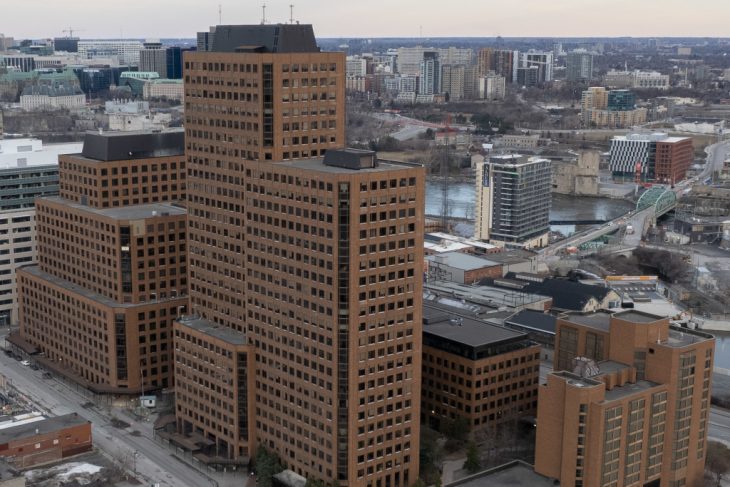
By Ahmad Hathout
The CRTC launched Wednesday a proceeding to probe whether it should mandate all telecommunications service providers to join an effort to mitigate nuisance calls on their networks.
The regulator had adopted most of the recommendations of a working group of its Interconnection Steering Committee when it approved the rollout of the traceback process in August 2021, which requires the provider to keep a time-limited call log to trace the origin of nuisance calls that are in violation of telemarketing rules.
While the CRTC had previously said that the success of such an enforcement mechanism involves all providers, it deviated from the working group’s recommendation by making involvement voluntary.
On Wednesday, the CRTC said it wants to hear from the public about whether it should make involvement mandatory as a condition of the voice service provider operating in the country.
“The Commission notes that the voluntary onboarding process was not successful in bringing in many new TSPs in the ecosystem,” the regulator said Wednesday. “While all the large Canadian carriers are ongoing participants, the 13 participating TSPs only represent a small portion of all the providers that are offering voice services in Canada.”
The CRTC currently relies on two ways to get providers into the system: by having them proactively join or inviting them to join. Between December 2021 and February 2022, four providers joined the system after being invited by the commission. Even then, the CRTC found it important enough to mention that there was “often a delayed response from recipients after they were sent the onboarding email.”
“Based on the positive effect that the addition of only four TSPs had on the traceback completion rate, the Commission estimates that ensuring a broader participation from the industry would minimize traceback failure due to non-response and further increase the number of completed tracebacks by a significant percentage (around 10%),” it said, adding broadening the participant base will allow the commission to collect more comprehensive data on traffic patterns of spam calls.
The CRTC reports that from October 2021 to April 2023, 76 per cent of 470 traceback requests completed by participating providers resulted in the call’s origin, with 70 per cent of the bad traffic coming into the Canadian networks from a foreign source.
Of the 23 per cent of uncompleted tracebacks during that period, the CRTC said 4.3 per cent resulted from the failure to respond by non-participating providers, 2.34 per cent from failure to respond from those participating, 5.1 per cent from incomplete responses from those participating, and 11.5 per cent from the inability of the provider to find the call.
Those traceback failures from participating providers were related to administrative reasons, such as incorrect email addresses and staff being on holiday, not from lack of good faith, the CRTC said. Those incomplete responses stemmed, the CRTC reported, from the provider misunderstanding the process, such as the need to provide the name of the recipient of the traffic.
As such, beyond commenting on the appropriateness of mandating such participation, the CRTC is also asking if it should require the following: providers specify the next provider in the call travel route when there’s a traceback request; requiring the retention of call log data for a specific period of time following a traceback request, and whether the current 10 days is still suitable; requiring the provider respond to a request within a certain period of time; limiting the volume of monthly traceback requests on a provider; and requiring the provider forward a traceback request to a foreign provider if that’s where the call originates.
Comments are due April 2.



